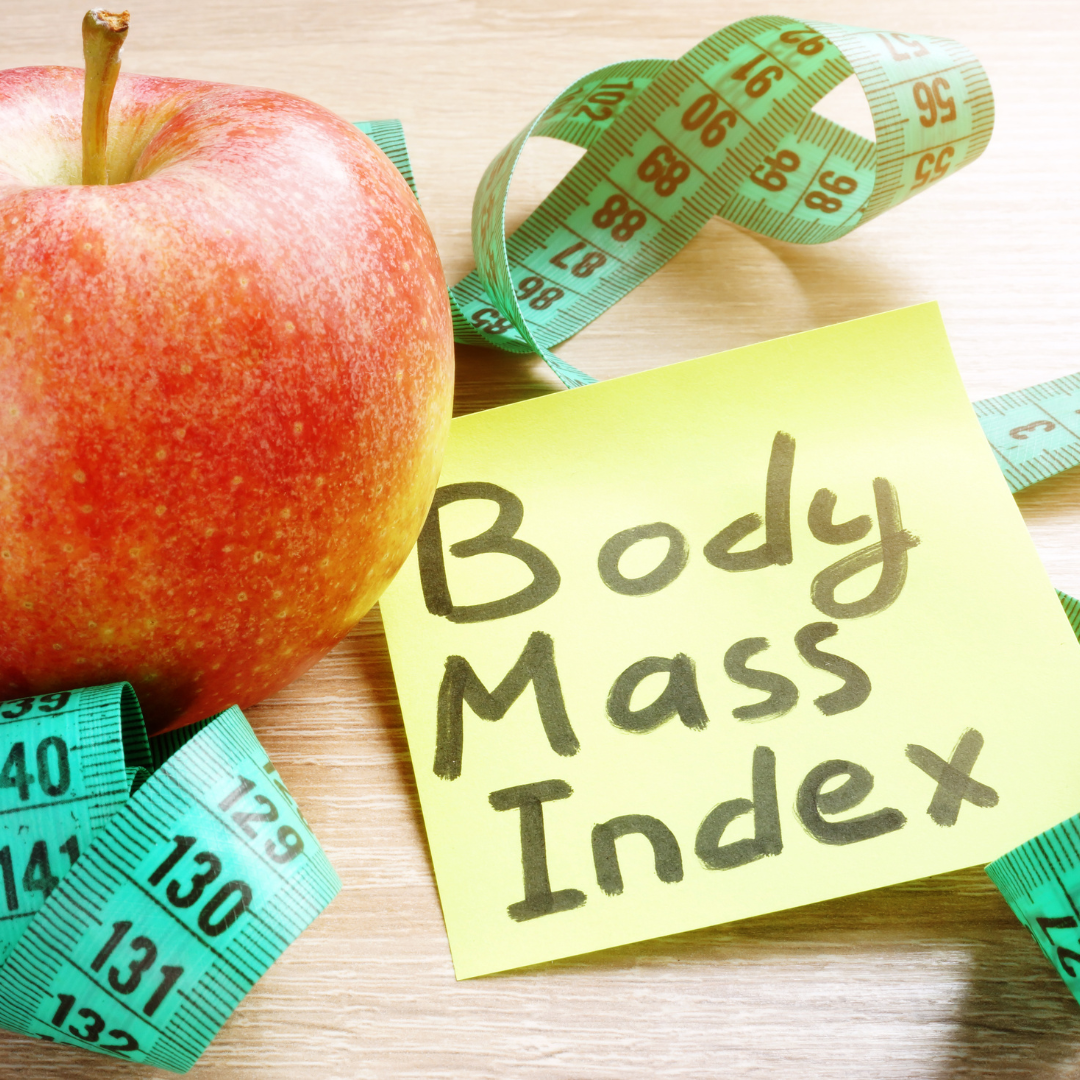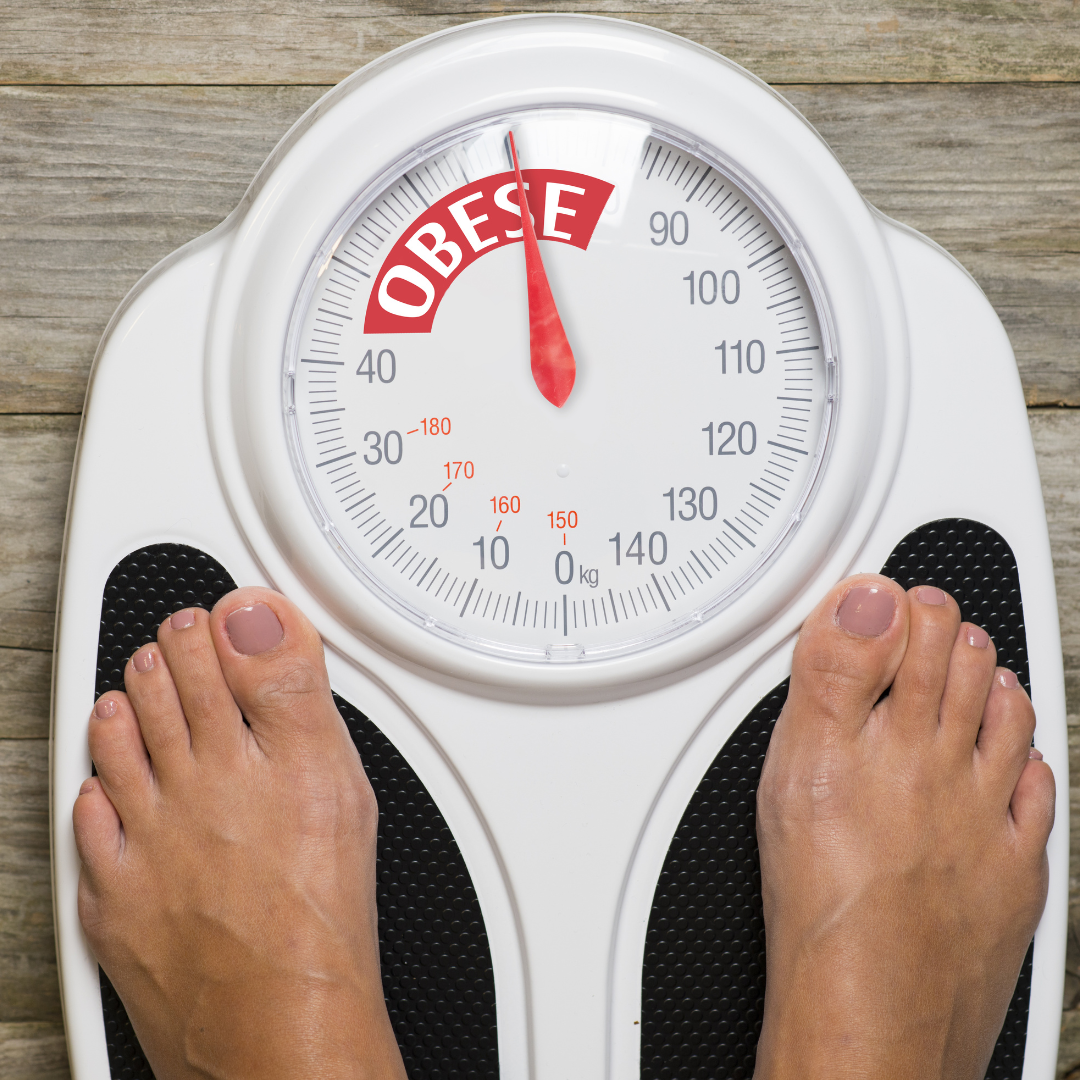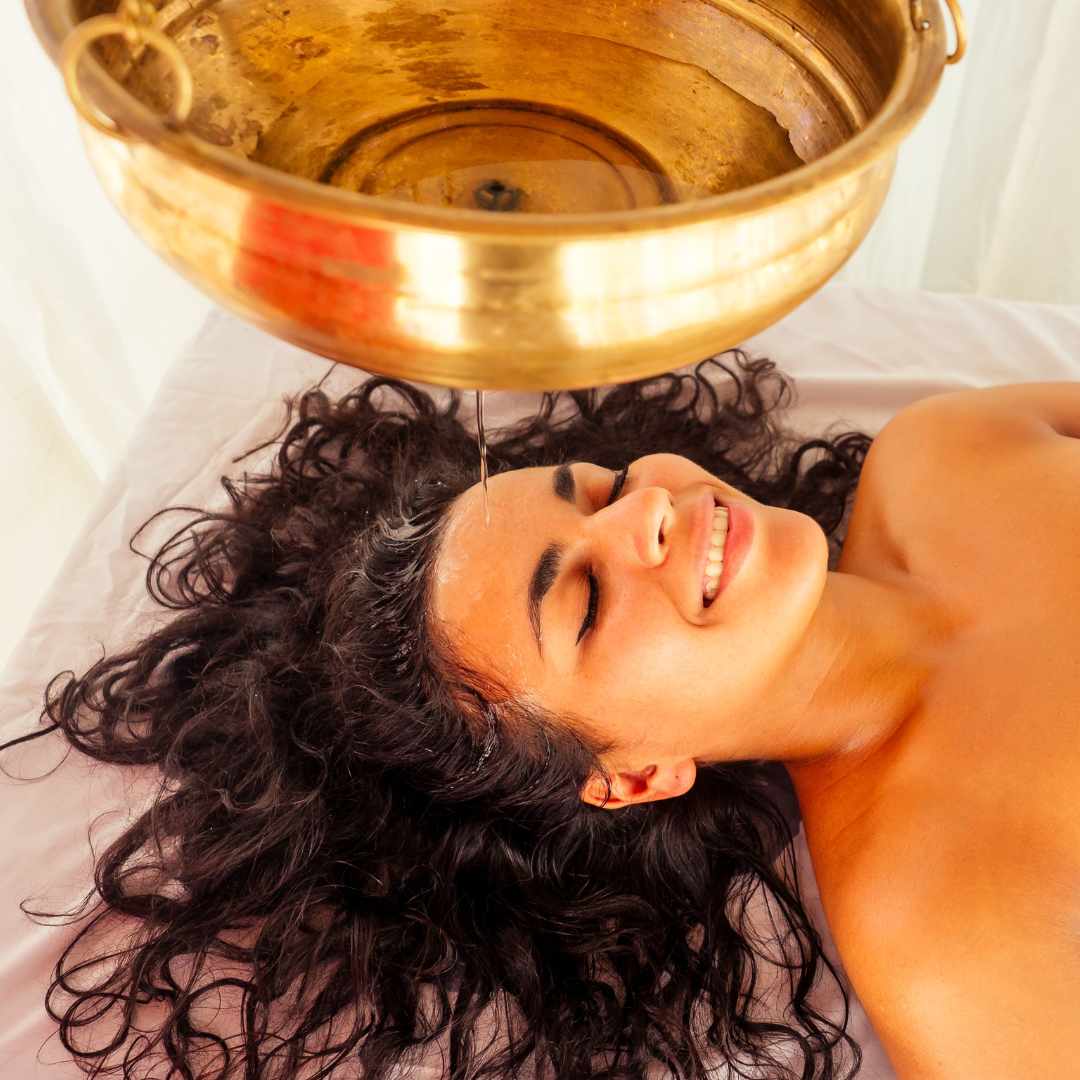Obesity Reversal

Obesity Reversal
In today's fast-paced world, both men and women face unique challenges in maintaining health and wellness. Obesity, a widespread health issue, affects individuals worldwide due to various factors such as hormonal changes, sedentary lifestyles, and unhealthy eating habits. Excessive body fat impacts not only physical appearance but also increases the risk of diabetes, heart disease, and other health complications. Ayurveda, the ancient Indian system of medicine, offers effective and natural solutions to combat obesity and manage related lifestyle diseases by identifying and addressing their root causes.
Root Causes (Nidanas) of Obesity
Obesity is a metabolic disorder typically resulting from an imbalance between energy intake and expenditure. It is particularly prevalent in affluent societies and is often associated with sedentary lifestyles and unhealthy dietary habits. In Ayurveda, the root causes of obesity include:
- Dietary Causes: Excessive consumption of energy-dense foods high in fat and carbohydrates.
- Behavioral Causes: Lack of physical activity, irregular food habits, and excessive daytime sleeping.
- Psychological Causes: Stress, anxiety, and other mental health issues.
- Miscellaneous Causes: Age, sex, genetics, endocrine disorders, medications (e.g., steroids, oral contraceptives), and improper administration of therapeutic measures.
Ayurveda categorizes obesity (Sthaulya) and excess fat tissue (Medovriddhi) as conditions resulting from an imbalance of the doshas, with Medovriddhi being the initial stage that can progress to Sthaulya if left unchecked.

The Ayurvedic Approach: Beyond BMI
Ayurveda emphasizes that each individual's body type (Prakriti) has unique traits, and a healthy Body Mass Index (BMI) range can vary accordingly. Instead of solely relying on BMI, Ayurvedic assessments focus on understanding one's body constitution (Vata, Pitta, Kapha) to develop personalized treatment plans. This holistic approach ensures that treatments are tailored to the specific needs and imbalances of each individual, promoting sustainable and effective weight management.

Root Causes (Nidanas) of Obesity
Obesity is a metabolic disorder typically resulting from an imbalance between energy intake and expenditure. It is particularly prevalent in affluent societies and is often associated with sedentary lifestyles and unhealthy dietary habits. In Ayurveda, the root causes of obesity include:
- Dietary Causes: Excessive consumption of energy-dense foods high in fat and carbohydrates.
- Behavioral Causes: Lack of physical activity, irregular food habits, and excessive daytime sleeping.
- Psychological Causes: Stress, anxiety, and other mental health issues.
- Miscellaneous Causes: Age, sex, genetics, endocrine disorders, medications (e.g., steroids, oral contraceptives), and improper administration of therapeutic measures.
Ayurveda categorizes obesity (Sthaulya) and excess fat tissue (Medovriddhi) as conditions resulting from an imbalance of the doshas, with Medovriddhi being the initial stage that can progress to Sthaulya if left unchecked.

Panchakarma (Shodhan) Therapies at Kiaan Ayurveda
Panchakarma is a cornerstone of Ayurvedic treatment, focusing on detoxification and rejuvenation to balance the doshas and improve overall health. At Kiaan Ayurveda, the following Panchakarma therapies are recommended for managing obesity:
- Vaman (Therapeutic Emesis): Induces vomiting to cleanse the upper digestive tract.
- Virechan (Therapeutic Purgation): Cleanses the lower digestive tract through purgation.
- Lekhan Vasti (Medicated Enema): Administers medicated enemas to cleanse the colon.
These therapies help eliminate toxins (Ama) from the body, reduce excess fat, and restore balance to the doshas.

Palliative (Shamana) Methods of Treatment at Kiaan Ayurveda
Alongside Panchakarma, Kiaan Ayurveda offers palliative treatments to manage obesity through natural and holistic approaches. These include:
- Langhan (Fasting): Controlled fasting to enhance metabolism and burn excess fat.
- Ama Pachan: Use of digestive herbs to improve metabolism and reduce fat.
- Ruksha Udwartan (Dry Medicated Powder Massage): Stimulates circulation and aids in fat reduction.
- Herbal Remedies: Use of single herbs like Guduchi, Vidanga, Musta, Sunthi, Amla, Vaca, and compound formulations like Trikatu, Navak Guggulu, Triphala Guggulu, Vidangadi Churna, Takrarishta, and Arogya Vardhini Vati to manage weight and improve overall health.

Do's
Diet:
- Consume low-fat, low-calorie foods.
- Include high-protein foods to stay fuller for longer.
- Prefer steamed, boiled, or baked vegetables over fried ones.
- Eat frequent small meals to avoid cravings.
- Drink skimmed milk and warm water.
- Incorporate healthy foods like oatmeal, walnuts, salads, bitter gourd, drumstick, barley, wheat, green gram, honey, Indian gooseberry, pomegranate, and skimmed buttermilk.
- Use lemon in diet and drinks.
Physical Activity:
- Engage in mild to moderate exercise according to individual capacity.
- Develop a regular habit of brisk morning walks for at least 30 minutes.
- Practice yoga and meditation to manage stress and promote mental clarity.
Do's and Don'ts (Pathya-Apathya) in Obesity Management
Maintaining a healthy lifestyle is crucial for managing obesity. Kiaan Ayurveda provides the following guidelines:

Don'ts
Diet:
- Avoid high-carbohydrate vegetables like potatoes and rice.
- Limit sugary or sweet products, excessive dairy products, fried and oily foods, fast foods, and excessive salt.
Lifestyle:
- Avoid sedentary habits and excessive sleep.
- Refrain from watching TV while eating.
- Avoid alcohol and smoking.
Kiaan Ayurveda
Online Ayurvedic Consultation
Share

Contact form
Perimenopause and Menopause
Perimenopause and menopause are natural and mandatory phases in a woman’s life, not diseases. These stages are marked by significant hormonal changes and various health concerns.
- Perimenopause: The transitional phase before menopause, lasting 4-8 years, characterized by irregular menstrual cycles and fluctuating hormone levels. Common symptoms include:
- Irregular menstrual cycles
- Hot flashes and night sweats
- Mood changes (anxiety, irritability, depression)
- Sleep problems
- Vaginal dryness and sexual discomfort
- Weight gain and slowed metabolism
- Menopause: Defined as having no menstrual periods for 12 consecutive months, with symptoms often more intense due to persistent low estrogen levels, including:
- Hot flashes and night sweats
- Decreased libido
- Thinning hair and dry skin
- Loss of breast fullness
Dosha Predominant Characteristics in Menopause
Ayurveda describes three primary doshas—Vata, Pitta, and Kapha—each governing different physiological and psychological functions. An imbalance in these doshas during perimenopause and menopause can lead to various symptoms.
Vata Predominant Characteristics
- Perimenopause: Anxiety, insomnia, irregular periods
- Menopause: Vaginal dryness, poor libido, hair fall, dry skin, bone pain, migraines
Pitta Predominant Characteristics
- Perimenopause: Hot flashes, irritability, palpitations
- Menopause: Anger, mood swings, heat sensations, burning micturition
Kapha Predominant Characteristics
- Perimenopause: Weight gain, edema
- Menopause: Vaginal itchiness, increased libido, guilt, lethargy, depression
Diagnostic Tools
Ayurvedic Diagnostic Approach
- Dosha Imbalance: Assessing the balance of Vata, Pitta, and Kapha
- Prakriti Analysis: Personalized health assessments based on individual body type
Modern Medical Tests
- Hormone Levels: FSH, Estradiol, LH
- Thyroid Function Tests
- Bone Density Test: To assess osteoporosis risk
Ayurvedic Treatment Options
Ayurveda offers a variety of treatments to manage perimenopause and menopause symptoms, focusing on diet, lifestyle practices, and herbal remedies to balance the doshas.
Panchakarma Therapy
Panchakarma is a comprehensive detoxification treatment to cleanse the gut and rejuvenate the body. It helps remove toxins, balance doshas, and improve digestion and metabolism.
Dietary Changes
- Warm, Nourishing Foods: Supports overall health and balances Vata
- Cooling Foods: Helps manage Pitta-related symptoms like hot flashes
Herbal Remedies
- Shatavari: Supports hormonal balance
- Ashwagandha: Reduces stress and anxiety
- Triphala: Aids in digestion and detoxification
- Additional Herbs: Madhuyashti, Brahmi, Mukta, Punarnava
Lifestyle Practices
- Yoga and Meditation: Manage stress and improve well-being
- Daily Routines (Dinacharya): Regular sleep patterns and self-care rituals
Conclusion
Menopause is a significant transition in a woman's life, bringing both challenges and opportunities for growth and self-care. Ayurveda, with its emphasis on balancing the body's energies and promoting holistic well-being, offers a unique and effective approach to managing this phase of life. By integrating ancient wisdom with modern scientific insights, we support women in navigating menopause with confidence, health, and harmony. Kiaan Ayurveda emphasizes empowering women with knowledge about their bodies and providing ongoing support. Regular check-ups help detect health issues early, and personalized care enhances women's overall quality of life during perimenopause, menopause, and beyond. With a focus on natural and holistic approaches, Kiaan Ayurveda strives to help women navigate this transformative phase with confidence and well-being.
Kiaan Ayurveda emphasizes empowering women with knowledge about their bodies and providing ongoing support. Regular check-ups help detect health issues early, and personalized care enhances women's overall quality of life during perimenopause, menopause, and beyond. With a focus on natural and holistic approaches, Kiaan Ayurveda strives to help women navigate this transformative phase with confidence and well-being.
By integrating these Ayurvedic principles into their lives, women can experience improved well-being, reduced symptoms, and better adaptability during the perimenopause and menopause stages. Consulting with our experienced Ayurvedic practitioner, Dr. Deepti Gupta, will ensure a tailored approach that suits individual needs and promotes overall health and vitality.

